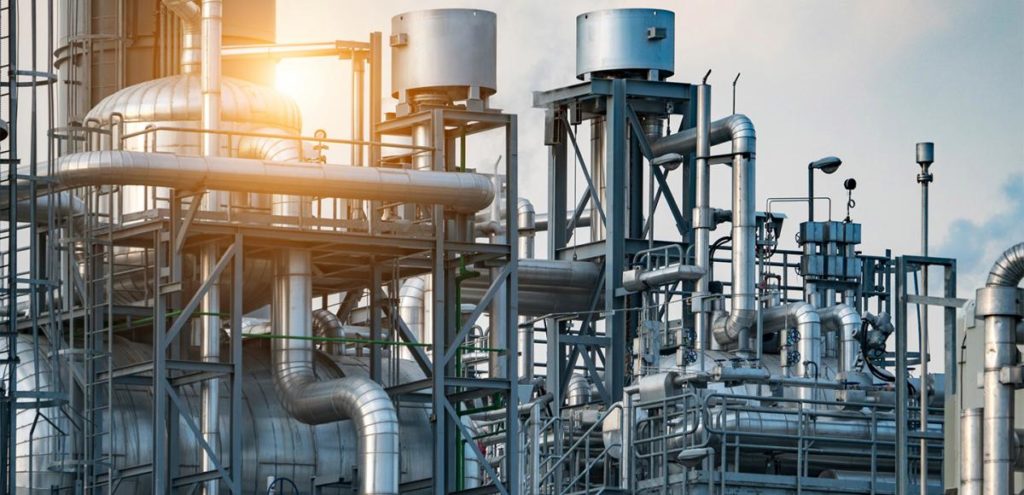When it comes to the business world, the terms "industrial" and "company" are often used interchangeably. However, there are some key differences between the two that are important to understand. In this article, we will explore these differences and provide insights into how they impact the business landscape.
Firstly, an industrial refers to a specific sector of the economy that is involved in the production of goods. This includes manufacturing, construction, and mining, among others. On the other hand, a company is a legal entity that is formed to conduct business activities. This can include a wide range of industries, from retail to finance to healthcare.
One of the main differences between an industrial and a company is their focus. An industrial is primarily concerned with the production of goods, while a company is focused on generating profits for its shareholders. This means that an industrial may prioritize efficiency and productivity, while a company may prioritize revenue growth and market share.
Another key difference is the level of regulation that each faces. Industries are often subject to strict government regulations, particularly in areas such as safety and environmental protection. Companies, on the other hand, are subject to a wide range of regulations depending on their industry and location.
In terms of organizational structure, an industrial may be more hierarchical and centralized, with a clear chain of command and specialized roles. A company, on the other hand, may be more decentralized and flexible, with a focus on innovation and adaptability.
Finally, the competitive landscape for an industrial and a company can be quite different. Industries may be dominated by a few large players, with high barriers to entry for new competitors. Companies, on the other hand, may face intense competition from both established players and new startups.
In conclusion, while the terms "industrial" and "company" may seem interchangeable, there are some important differences between the two. Understanding these differences can help business leaders make informed decisions about their strategy and operations. Whether you are operating in an industrial or a company, it is important to stay up-to-date on the latest trends and regulations in your industry to remain competitive and successful.


